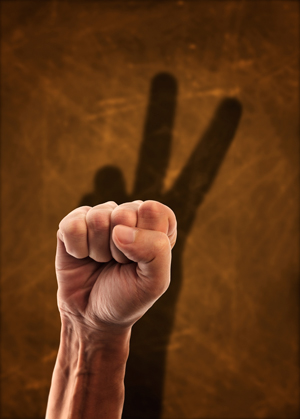-March 17, 2014 – WASHINGTON – Ecumenical Advocacy Days (EAD) is pleased to announce the 2014 Film Festival Opportunities at EAD’s 2014 National Gathering, “Jesus Weeps Resisting Violence, Building Peace,” March 21-24, 2014.
The first of two Film Festival Opportunities, EAD Film Festival I- Pray the Devil Back to Hell, will take place on Saturday, March 22, 2014 at 8:30 pm and will include a discussion led by Rev. Ann Tiemeyer, National Council of Churches. Pray the Devil Back to Hell chronicles the remarkable story of the courageous Liberian women who came together to end a bloody civil war and bring peace to their shattered country. Thousands of women – ordinary mothers, grandmothers, aunts and daughters, both Christian and Muslim – came together to pray for peace and then staged a silent protest outside of the Presidential Palace. Armed only with white T-shirts and the courage of their convictions, they demanded a resolution to the country’s civil war. Their actions were a critical element in bringing about a agreement during the stalled peace talks. A story of sacrifice, unity and transcendence, Pray the Devil Back to Hell honors the strength and perseverance of the women of Liberia. Inspiring, uplifting, and most of all motivating, it is a compelling testimony of how grassroots activism can alter the history of nations.
The second Film Festival Opportunity, EAD Film Festival II- TRIGGER: The Ripple Effect of Gun Violence, will occur on Sunday, March 23, 2014 at 9 pm, and will include a discussion led by The Presbyterian Peacemaking Program. In the United States more than 30,000 people are killed every year by gun violence; many more are wounded. The disaster caused by gun violence is seen in almost every community. We may hear briefly about the victims and survivors of these shootings, but what happens after the media attention moves on and the wider public becomes numb to “just another shooting?” The Trigger documentary frames gun violence as a “disaster” and “public health” issue. It examines how one shooting impacts individuals, families and communities and gives voice to the questions and insights that arise. In the documentary, all those scarred by gun violence arrived at the question, “Why did this happen to us?” After looking at these in depth experiences of gun violence, Trigger turns its attention to the question, “What can we do to prevent gun violence?”

